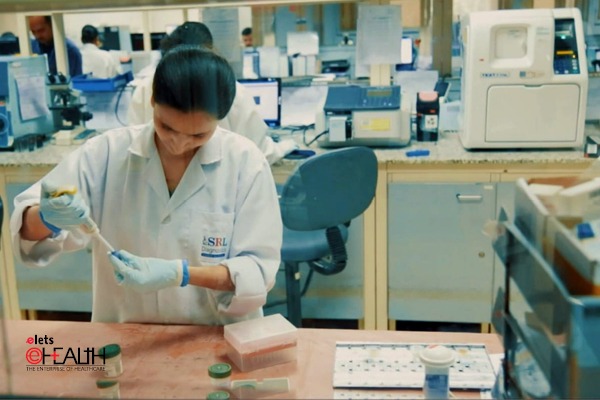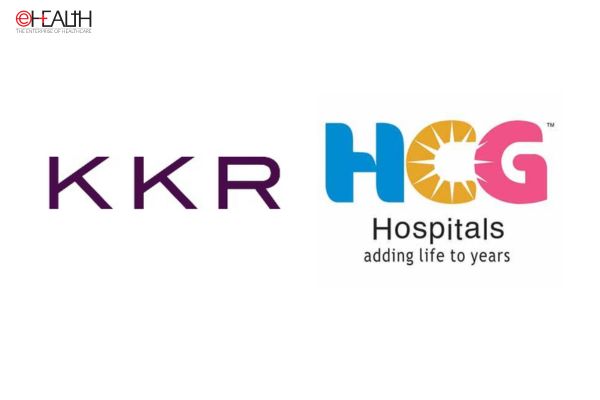
On the occasion of International Women’s Day, SRL Diagnostics published a data analytics report on results of samples received for various tests from January 2015 to December 2021 at SRL Laboratories across the country. This report has been prepared basis retrospective data mining done on the results of top 7 tests undertaken by women. The report covers five major metro cities: Mumbai, Delhi, Bangalore, Kolkata, and Chennai.
Speaking about the report, Anand. K, Chief Executive Officer, SRL Diagnostics said “Women are the primary care takers of families across the world. It is observed that women suffer from poor health outcomes and this has consequences not just for women but also for their families. Our study on 1.3 crore samples tested over 5 years across 5 metro cities show that women suffer from most common ailments including high blood sugar and cholesterol levels, poor kidney function, anemia, vitamin D deficiency and calcium deficiency. We have published this report to showcase data evidence that points to these conditions and deficiencies.”

Dr. Abha Sabhikhi, Technical Director, SRL Diagnostics said “Women often tend to neglect their own nutrition and health needs and this is observed even in metro cities. Women bear the dual responsibility of being the primary caregivers at home in addition to their role in the professional sphere. This Women’s Day, we have analysed and published data so that more women can understand their risks and prioritise their own health and well-being. Regular monitoring of vital parameters, balanced nutrition, time for self-care and physical exercise is important.”
The top 7 tests undertaken by women in terms of volume are Thyroid Stimulating Hormone, Creatinine, Hemoglobin, Random Blood Glucose, Cholesterol, Vitamin D and Calcium. In an analysis of Hemoglobin results in five cities, it was found that over 55% of women who underwent the Hemoglobin test reported abnormal levels. In 2020, the first year of pandemic, Hemoglobin tests dropped by over 29% as access to testing was restricted due to lockdown and fear of visiting a health care centre for health needs. In 2021, despite an increase in tests, the volumes did not reach pre-pandemic levels.

In an analysis of TSH results in five cities, it was found that over 25% of women who underwent the TSH test reported abnormal levels. In 2020, the first year of pandemic, TSH tests dropped by over 35% as access to testing was restricted due to lockdown and fear of visiting a health care center for health needs. In 2021, despite an increase in tests, the volumes did not reach pre-pandemic levels.

An analysis of the Total Calcium Test results in five cities revealed that over 21% of women who underwent the calcium test reported abnormal levels. In 2020, the first year of pandemic, Total Calcium tests dropped by over 32% as access to testing was restricted due to lockdown and fear of visiting a health care centre for health needs. In 2021, despite an increase in tests, the volumes did not reach pre-pandemic levels.
In an analysis of Vitamin D Test results, it came to light that over 72% of women who underwent the Vitamin D test reported abnormal levels. In 2020, the first year of pandemic, Total Vitamin D tests dropped by over 41% as access to testing was restricted due to lockdown and fear of visiting a health care centre for health needs. In 2021, despite an increase in tests, the volumes did not reach pre-pandemic levels.
The analysis of Fasting Blood sugar results in five cities showcased that over 48% of women who underwent the fasting blood sugar test reported abnormal levels. In 2020, the first year of pandemic, Fasting Blood Sugar tests dropped by over 33% as access to testing was restricted due to lockdown and fear of visiting a health care centre for health needs. In 2021, despite an increase in tests, the volumes did not reach pre-pandemic levels.
A breakdown of the Total Cholesterol Test results in five cities indicated that over 27% of women who underwent the total cholesterol test reported abnormal levels. In 2020, the first year of pandemic, Total Cholesterol tests dropped by over 40% as access to testing was restricted due to lockdown and fear of visiting a health care centre for health needs. In 2021, despite an increase in tests, the volumes did not reach pre-pandemic levels. Further, in 2020, the first year of pandemic, creatinine tests dropped by over 31% as access to testing was restricted due to lockdown and fear of visiting a health care centre for health needs. In 2021, despite an increase in tests, the volumes did not reach pre-pandemic levels.
Be a part of Elets Collaborative Initiatives. Join Us for Upcoming Events and explore business opportunities. Like us on Facebook , connect with us on LinkedIn and follow us on Twitter , Instagram.
"Exciting news! Elets technomedia is now on WhatsApp Channels Subscribe today by clicking the link and stay updated with the latest insights!" Click here!















